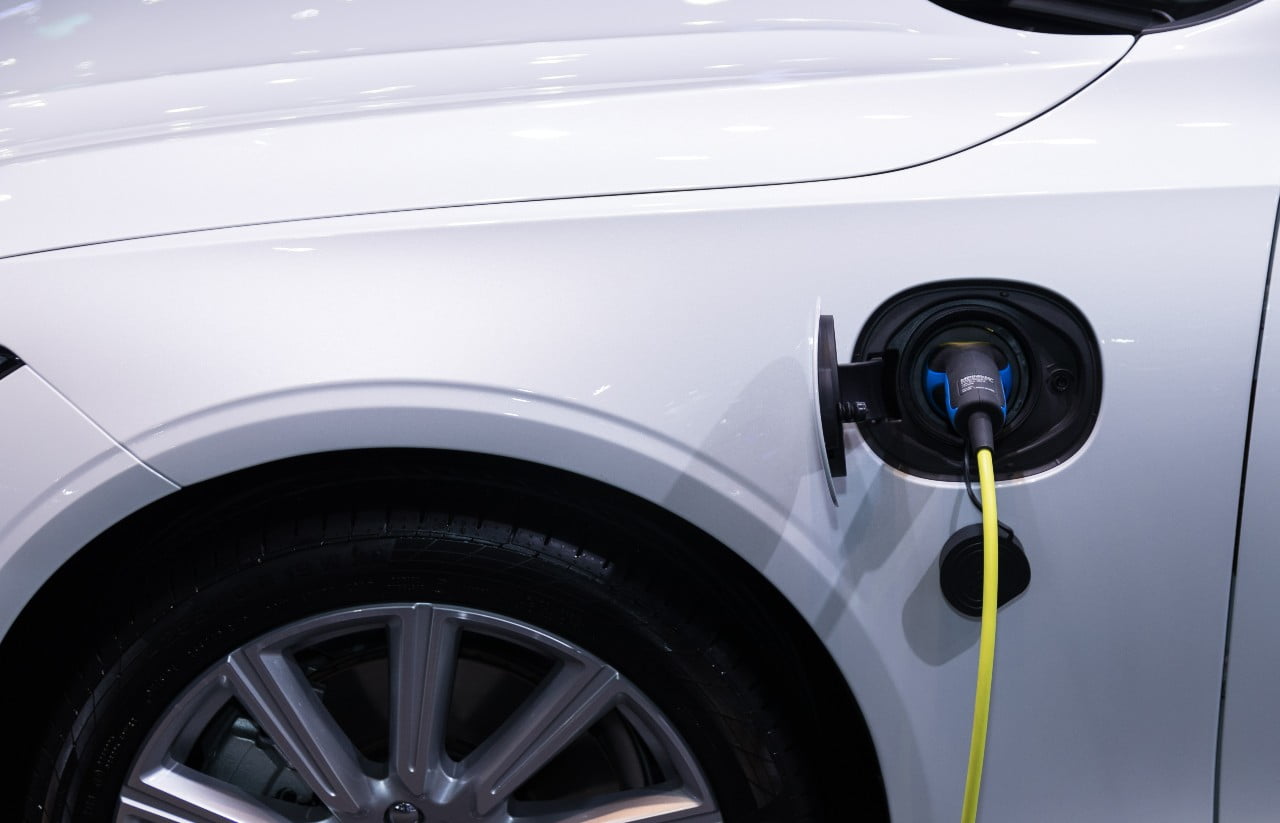If you are part of a final salary/defined benefit pension scheme, careful thought needs to be given to the impact that a salary sacrifice arrangement might have on your tax position, and your pension entitlement, if you are considering getting an EV through salary sacrifice.
Lots of us are thinking about, and may have already made, the switch to an Electric Vehicle (EV).
The hook of a generous tax saving as part of an EV provided through a salary sacrifice arrangement might seem too good to be true – and for some, it might be.
Under an EV salary sacrifice arrangement, an employee’s gross pay is reduced by an amount equal to the cost of the EV lease. As a result, their net (after tax/NI) pay would reduce each month and, overall, the cost to the employee of obtaining the car is less than it would have been had they simply paid for it out of their after-tax earnings.
At the point that the salary sacrifice arrangement comes to an end, i.e., when the EV is handed back by the employee, they would most likely see their gross wages revert to the level that they were at pre-salary sacrifice (and possibly greater).
For those who are part of a defined contribution pension scheme, this would not cause any tax issues. However, for those who are part of a defined benefit/final salary pension scheme, such as those in the NHS, those individuals may well feel the effects of this ‘increase’ on their gross pay via a possible pensions annual allowance charge.
Many doctors, especially those on the higher pay scales, will be all too familiar with the hefty tax charges that they, and their pension pots, will have suffered over the past few years because of the way that the annual allowance tax charges are calculated for those who are part of final salary schemes, such as the NHS pension schemes.
Their annual pension input payments, which are tested against the annual allowance, are calculated based on a formula which measures the capital growth of the pot each year. The formula considers movements in gross salary and the length that the individual has been in the pension scheme and is then subject to a multiple of 19. The effect of applying this multiple can mean that what may seem like relatively modest adjustments to gross pay can easily cause significant notional increases in the value of the pension pot each year and trigger annual allowance tax charges for these individuals.
If these individuals wished to mitigate this potential annual allowance charge, they may choose to keep their EV through a salary sacrifice arrangement until retirement (if such arrangements continue to be available).
However, if they were to continue to have an EV through salary sacrifice, they would need to understand that they would potentially be foregoing a significant level of pension/tax free lump sum through retirement as a result of having less gross pay each year up to the point of their retirement.
Everyone’s circumstances will differ, and calculations can be undertaken to quantify the costs vs benefits of having, or not having an EV provided through salary sacrifice.
The above highlights the fact that the income tax and NI savings offered by a generous salary sacrifice opportunity should not be the only factor that is considered when the employee in question is part of a defined benefit/final salary pension scheme.
Get in touch
If you would like to discuss the tax benefits of an electric vehicle through a salary sacrifice scheme in more detail, please contact Roger Phillips by clicking the button below.





